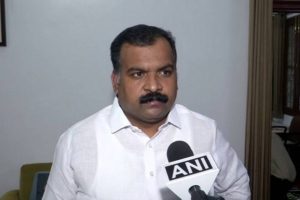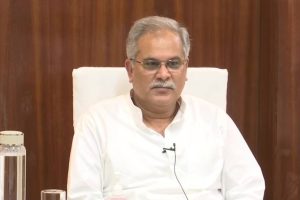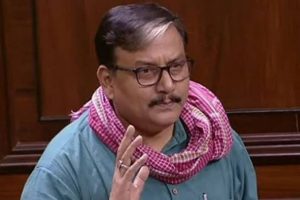Union Home Minister Amit Shah strongly defended the Constitution (130th Amendment) Bill, 2025, amid Opposition protests, asserting that the idea of a Prime Minister or Chief Minister running a government from jail is against the dignity of democracy.
Shah, who introduced the bill during the monsoon session of Parliament, said it provides for automatic removal of the Prime Minister, Chief Ministers, or Ministers if they remain in jail for over 30 days on charges that carry a sentence of at least five years.
“Can a Chief Minister, Prime Minister, or any leader run the country from jail? Does that suit the dignity of our democracy?” Shah asked in an interview with ANI. He dismissed Opposition claims that the bill was a “black law” aimed at destabilising non-BJP governments, insisting that governance should not continue from prison cells.
The Home Minister clarified that the legislation would not affect a ruling party’s majority, as governments could be led by other members until the concerned leader returned after securing bail. “The jail will not become CM House or PM House. My party and I completely reject this idea,” he said.
Shah also pointed out that Prime Minister Narendra Modi had insisted on including the PM’s post within the bill’s ambit — in contrast to the 39th Amendment brought during Indira Gandhi’s tenure, which sought immunity for top constitutional offices from judicial review.
Slamming the Opposition’s disruption in Parliament, Shah said: “It is democratic to oppose a bill, but not to prevent its presentation. Parliament is meant for discussion, not just noise.”
He further accused the Congress of hypocrisy, recalling how Rahul Gandhi tore up the UPA’s 2013 ordinance that sought to shield convicted MPs and MLAs, but now supports RJD supremo Lalu Prasad Yadav, who has been convicted in the fodder scam.
“A party that once called such protection nonsense is today opposing accountability, only to safeguard its allies,” Shah said.
The Constitution (130th Amendment) Bill has been referred to a Joint Parliamentary Committee comprising members of both Houses for further examination.





